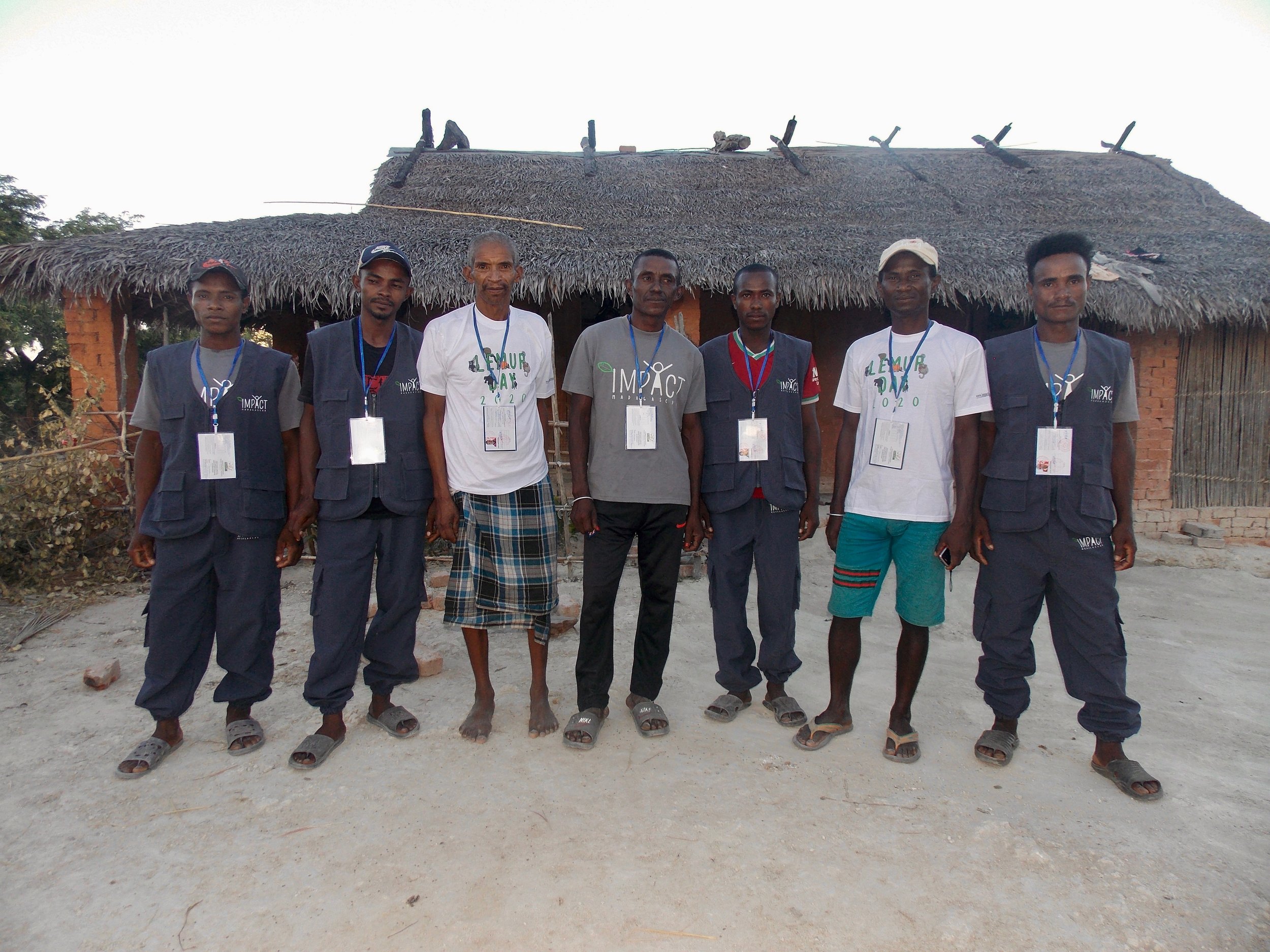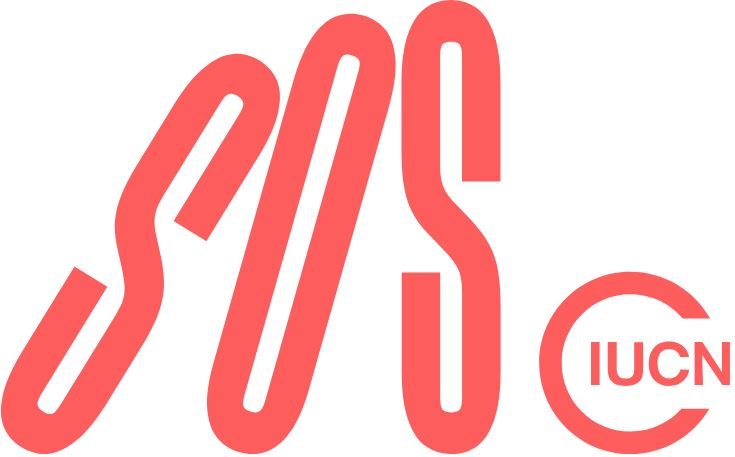Increasing environmental surveillance to prevent overexploitation, and supporting communities suffering economic loss caused by the COVID-19 pandemic in Madagascar
In the northwestern parts of Madagascar, where some of the last remaining fragments of dry and gallery forest exist and where wetlands act as crucial water sources for local communities, habitats are being decimated by unsustainable use. These rare ecosystems are home to numerous endemic and threatened species and with increased exploitation of natural resources and illegal wildlife activities due to economic losses caused by the COVID-19 pandemic, these habitats and their biodiversity are being destroyed.
Crowned sifaka Propithecus coronatus in Madiromirafy (photo by Ando Rakotoarisoa)
Our project titled “Increasing environmental surveillance to prevent overexploitation, and supporting communities suffering economic loss caused by the COVID-19 pandemic in Madagascar” supported by the IUCN Save Our Species initiative and co-funded by the European Union, focuses on ensuring the protection of Madagascar’s wildlife while also providing for communities. Because our project sites are extremely biodiverse, we focus on multiple target species classified as Critically Endangered by the IUCN Red List. These include: crowned sifaka (Propithecus coronatus), mongoose lemur (Eulemur mongoz), Madagascar big-headed turtle (Erymnochelys madagascariensis), Madagascar fish eagle (Haliaeetus vociferoides), and damba cichlid fish (Paretroplus maculatus). These at-risk species are in dire need of immediate protection before their already small populations shrink even more. Through this project, we take action to combat threats in a comprehensive and long-lasting way.
Patrollers in the forests of Madiromirafy (photo by Ando Rakotoarisoa)
One part of this project aims at increasing environmental protection through wildlife patrols. For the first quarter of this project (12 weeks from July through September), there have been 252 patrol days in the forests and wetlands carried out by 58 community rangers. Not only do these rangers prevent illicit activities and apprehend offenders, they also work to extinguish rapidly spreading bushfires that frequently occur during the dry season.
The other part of this project takes a different approach by tackling the root of habitat threats in this area. Due to a scarcity of resources, many communities lack basic human needs and have nowhere to turn for their sustenance than to their surroundings. By providing alternative livelihoods, we can help to reduce people’s reliance on natural resources. Through this project we have expanded our community development activities and increased the number of beneficiaries with a total of 815 beneficiary households at both project sites, 467 of them being new. All beneficiaries received materials for poultry farming, market gardening, and rice cultivation and attended trainings on effective farming techniques led by our technical staff.
Beneficiaries with ducks in Madiromirafy (photo courtesy of IMPACT Madagascar)
Our project approach is unique because we take a holistic approach: we address ecological needs as well as the socio-economic needs of local people. Additionally, our team has been working in these areas for years and have developed meaningful relationships with communities. It is through these interpersonal relationships that we are able to understand people’s needs, what drives them to exploit natural resources, and ultimately how we can prevent the resulting damage.
As this project moves forward, we will continue to carry out intensive wildlife patrols and provide sustainable livelihood alternatives to communities, concentrating on the intersection of environmental protection and human-use that is needed for successful biodiversity conservation.
Patrollers in wetlands Madiromirafy (photo by Ando Rakotoarisoa)
Patrollers in uniform in Madiromirafy (photo by Ando Rakotoarisoa)
This publication was produced with the financial support of the European Union through IUCN Save Our Species. Its contents are the sole responsibility of IMPACT Madagascar and do not necessarily reflect the views of IUCN or the European Union.










